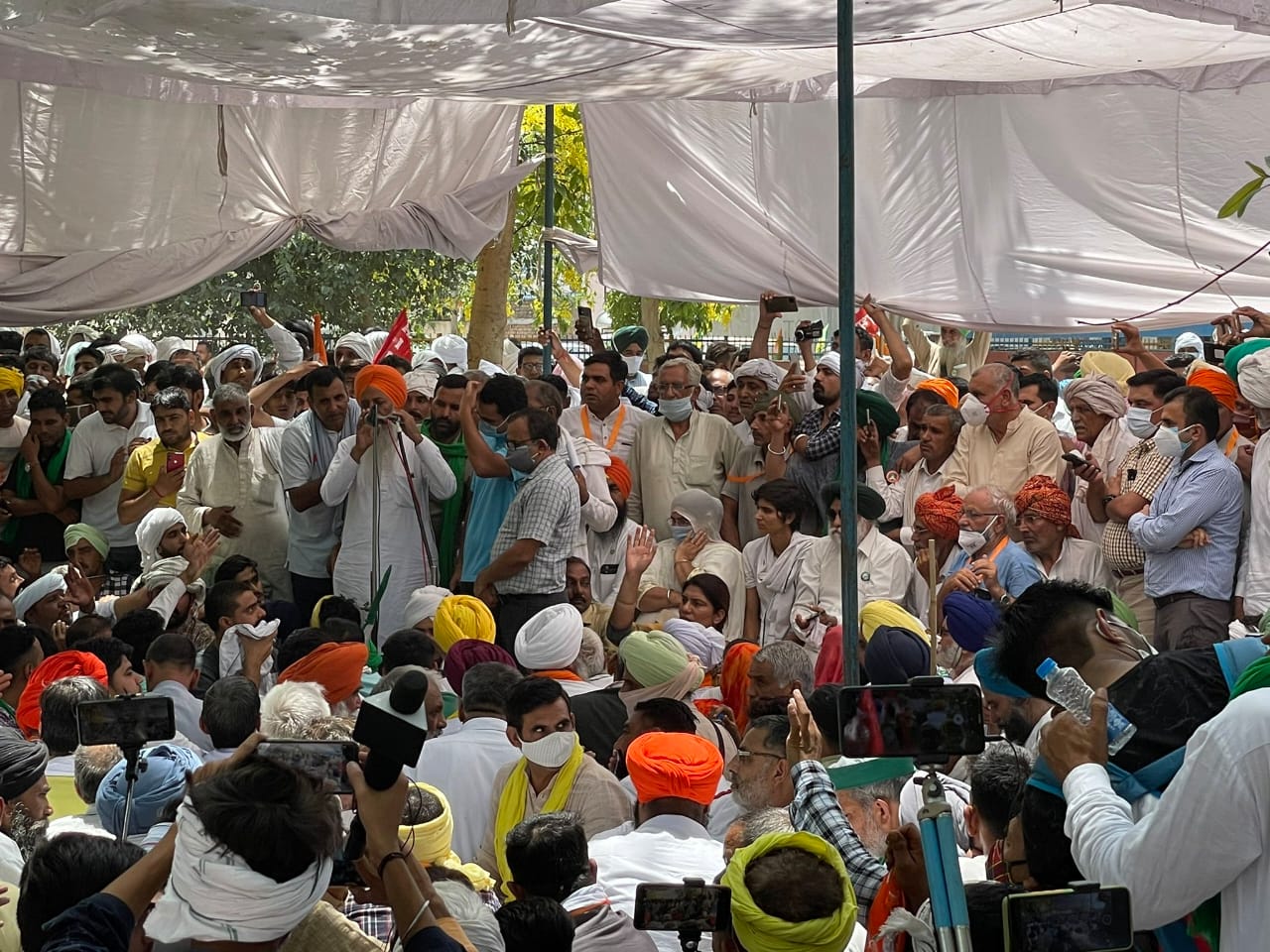
How Parliament will repeal farm laws: What Constitution says

Prime Minister Narendra Modi surprisingly announced on Friday that the government has decided to withdraw the three controversial farm laws.
But how does the government repeal the three laws? What does the Indian Constitution say about a Bill which was passed by both Houses of Parliament and signed by the President, and that needs to be withdrawn?
Article 245 of the Constitution gives Parliament powers to make and repeal laws. According to Constitution experts, the Centre has two ways of withdrawing the three farm laws.
The first way is to promulgate an ordinance. “If the government takes the ordinance route, then it will promulgate the same in the next few days and get the Parliament nod within six months. Since the farmers want the government to repeal the laws, the government may take the ordinance route and introduce Bills in Parliament in the winter session,” said former Lok Sabha secretary Subash Kashyap.
The second way to repeal the three laws is to introduce Bills in the coming Parliament session and after passing the Bills, to get the President’s nod.
“For repeal, the power of Parliament is the same as enacting a law under the Constitution. There is no other way. The government can repeal the three laws through a single repealing Bill,” said Kashyap.
Article 245 of the Constitution which gives Parliament the power to make laws, also allows the legislative body to repeal them through the Repealing and Amending Act. The Act was first passed in 1950 when 72 Acts were repealed.
Also read: When did the BJP decide to repeal the ‘black laws’? Here’s a clue
The last time the Repealing and Amending provision was invoked was in 2019, when the Union government sought to repeal 58 obsolete laws and make minor amendments to the Income Tax Act, 1961 and The Indian Institutes of Management Act, 2017.
The Act was the sixth such repealing act, aimed at repealing laws, tabled by the Modi government. The Modi government already repealed 1,428 Acts during its first term.
Generally, laws are repealed to either remove inconsistencies or after they have served their purpose. When new laws are enacted, old laws on the subject are repealed by inserting a repeal clause in the new law.
Also, this is the second time the NDA government is taking a U-turn. In 2015, ahead of the Bihar elections, it agreed to bring back crucial clauses of the land acquisition law of 2013, after its proposed amendments to the law were met with opposition in Rajya Sabha.

